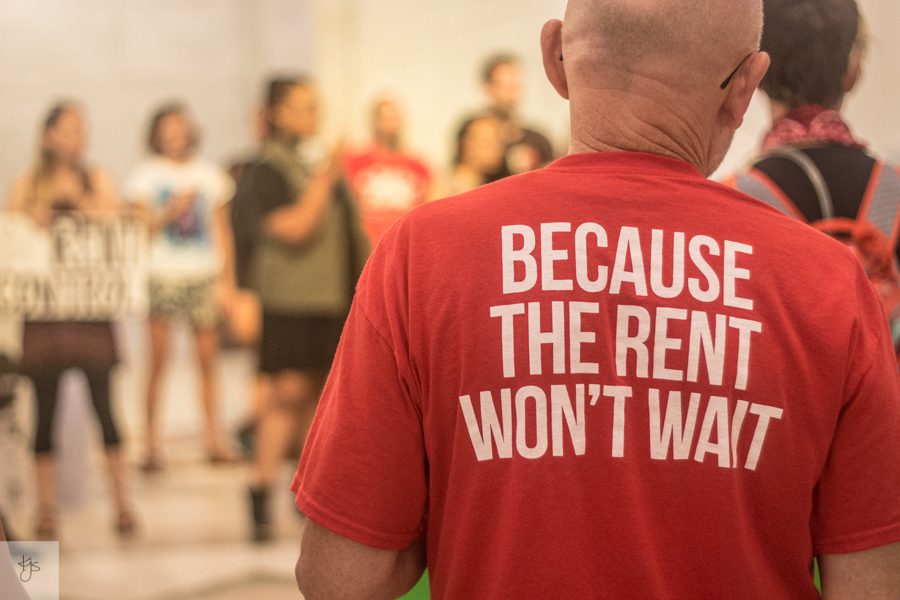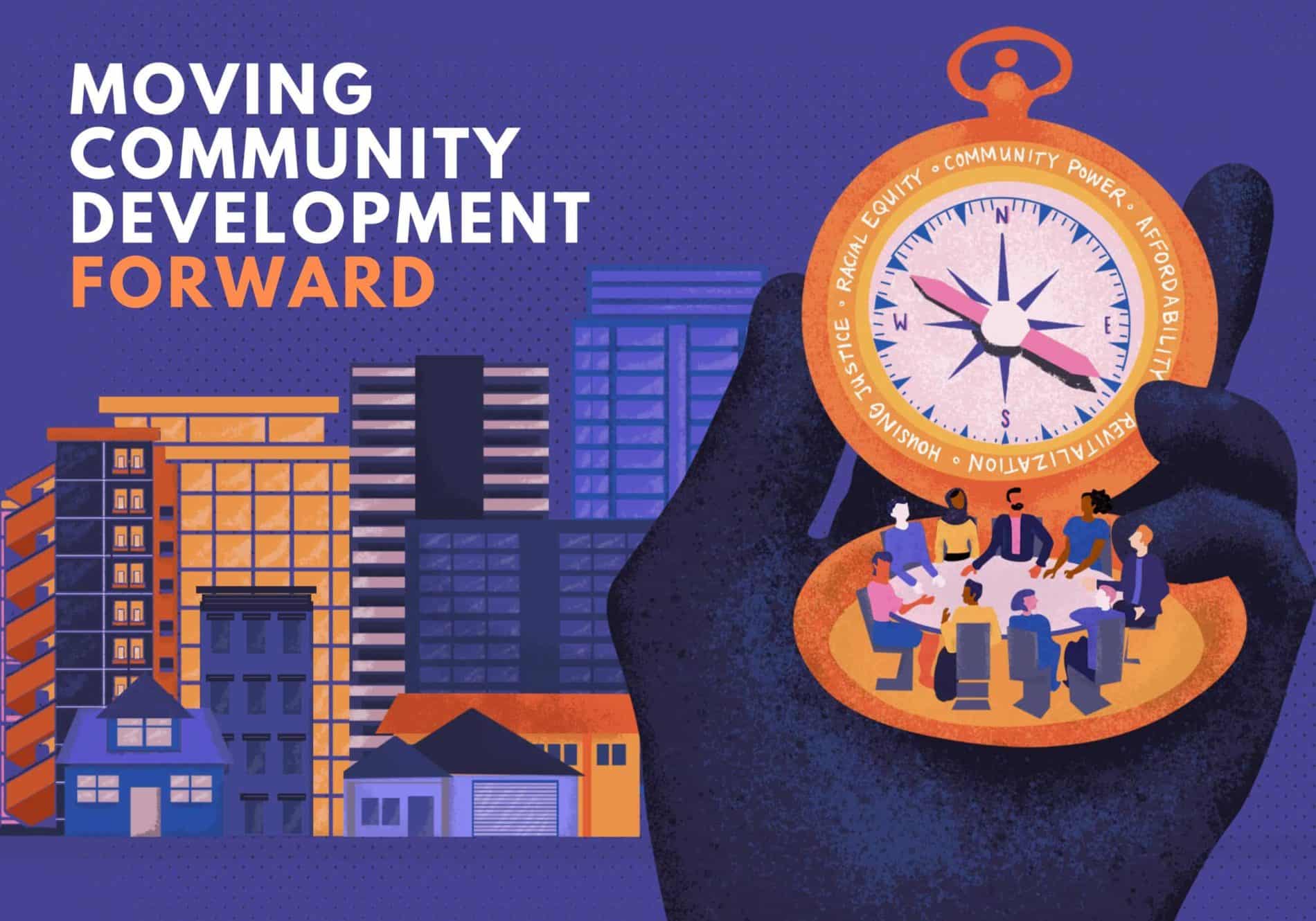
Photo by Kendra Sundvall
Sen. Elizabeth Warren’s new proposed housing bill, the “American Housing and Economic Mobility Act,” is a wide-ranging omnibus bill of policy solutions that housing advocates of many stripes should be able to rally around.
The housing bill is a step in the right direction toward tackling the many angles of the affordability crisis, with a focus on structural racism and government responsibility, and the importance of a regulated real-estate market. It represents the kind of holistic housing strategy we need from the federal government in facilitating affordable housing for Americans from all walks of life and in all cities, who have been for one reason or another left out, locked out, or exploited over decades of dysfunction in the national housing market.
The idea at the heart of the bill: conditioning major infrastructure and transportation funds on cities’ actions to facilitate affordable housing is a welcome and long-overdue approach to leveraging change in local policy across the vast exclusionary-heavy suburbs. This “carrot and stick” of conditional access to federal money could induce more “fair share” affordable housing for all Americans in all cities.
One provocative piece of Warren’s housing bill is the encouragement for “streamlining” development to get housing through the government-permitting process as painlessly as possible and to get developers to build their housing projects quickly. Some important missing details around this streamlining provision in the bill will surely need to be sorted out, because if left too loose for interpretation, it could be implemented in a number of ways, some more harmful than others.
We know Sen. Warren has no intention to fuel or exacerbate displacement and gentrification in vulnerable urban communities (in fact that would be the inverse of the spirit and stated intent of this bill). Quite explicitly the Warren housing bill is to “facilitate the expansion of the supply of well-located affordable housing.” We should thus be confident that careful refinement to the bill regarding streamlining will be taken up through the legislative process.
So streamlining boosters can be encouraged by this element of the bill but should be modest and disciplined in their expectations about full-throated deregulation across the American real estate landscape, as while Warren is clearly pro-housing, we should not assume she is pro-gentrification and displacement.
So many ideas in Warren’s omnibus housing bill are well worth getting behind. We hope that the bill is used for its intended purpose, to facilitate actual affordable housing, instead of any kind of development under the cover of “affordable housing.” It’s time for something big, and Sen. Warren has put a serious package on the table. If done right in the devilish details, progressive affordable housing advocates, fair housing and housing justice advocates, and more libertarian streamlining advocates might finally have something to break bread over.





Comments